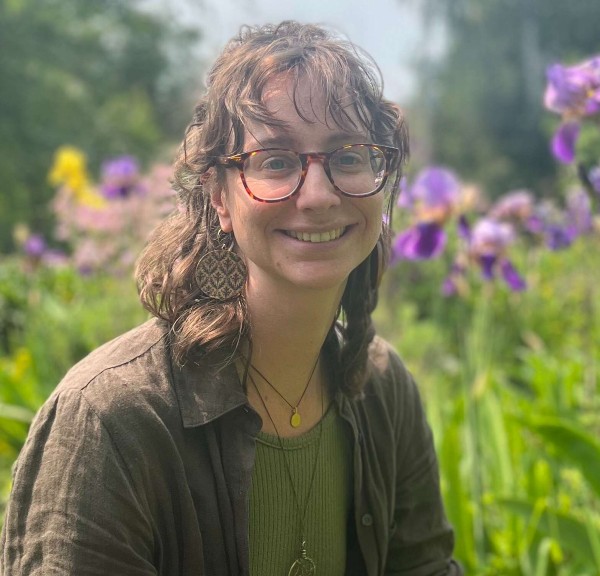How do I Use Intuition to Enhance my Confidence?
Westerners often don’t trust intuition let alone know how to access it. Intuition is a feeling rather than a thought process, and in western culture we are typically conditioned to have clear logical reasons for our actions. But we’re faced with countless choices over the course of a day, week, or year. Working with your intuition and including the subconscious processes that are constantly occurring is a great way to build connection and trust in yourself. When I first learned how to use my intuition, I felt freer to experiment. I realized that even with all the logic in the world, there’s no way to truly be certain. Working directly with my felt experiences added an enjoyable flow to my day – if there’s no right answer, I might as well enjoy the ride.
Connecting with your intuition means connecting to your body and unconscious. When I use the word intuition, I mean the felt sense of, “this is the way I want to move forward.” I don’t think of intuition as separate from logic, but rather a parallel process alongside it. I also don’t think of intuition as separate from feelings, as feelings are a wide range of sensations that aren’t all intuition. Intuition is the sum of all the inputs and information that allow me to come to a conclusion about what I want to do. Defined this way, every decision I make is based on intuition.
When I plan my day, I certainly consider the impact of traffic on my ability to get somewhere. That thought might fall more under logic, but I also pay attention to other signals. I may be passing near a store where I need to do an errand, but if I feel a sense of tiredness thinking about stopping, and it’s not urgent, I may decide to complete the errand another time. Logically, it may have made sense to stop, but following my intuition led me to a different conclusion.
Yet intuition is not always so simple to discern. If I feel dread about making a dentist appointment, that might not be my intuition. That might be fear, or memories of bad experiences. This is why intuition is tricky; we need to be familiar with ourselves in a way that we haven’t been taught to be.
So how do we become more familiar with our intuition? First, we must pay attention. You don’t need to change what you’re doing, just watch what’s already happening. How are you currently making decisions? What’s going on in your body before, during, and after? In addition to just noticing, you can take deliberate time to become familiar with yourself, like setting aside time to meditate or do yoga. In Untamed, Glennon Doyle (2020) describes her process of contacting what she calls “the knowing” – “Breathe, turn inward, sink. Feel around for the knowing. Do the next thing it nudges you toward. Let it stand (don’t explain).” (61).
Therapy can be one of the first places where you have the opportunity to slow down and wonder about what might be going on for you. Especially for larger decisions, this process can be difficult, uncomfortable, and discouraging, so it’s helpful to have a place where you can review and get support. Working with a therapist to break down why slowing down, noticing, or being in your body is difficult might also be the first step towards contacting your intuition.
At the end of the day, the point is not to maximize your correct intuitions — as convenient and wonderful as that would be. The point is to acknowledge that you are always taking in large amounts of information, and your unconscious is weighing in as well. Experimenting with listening to the thins your body is telling you is the first step. Maybe you don’t go to the dentist, and a year later a terrible pain in your tooth sends you in, leading you to realize that preventative care would have been preferable. Yes, that may not be “ideal,” but you’ve just acquired some valuable information about yourself. I would bet money that over time you would be able to discern the difference between “dentist dread” and “not my path dread.”
I know a horse trainer who says, “Any time the horse doesn’t do want you want, great, that’s information.” We are so caught up in thinking that we should be following a linear path to some specific place that sometimes we forget that just about all we have in this life is the journey. Rather than trying to logically, rationally do the “right” thing, can we learn to play with all of the information we are receiving. Giving attention to our bodies’ signals, even if we don’t follow them, pays enormous dividends over time.
References
Doyle, G. (2020). Untamed. The Dial Press.

